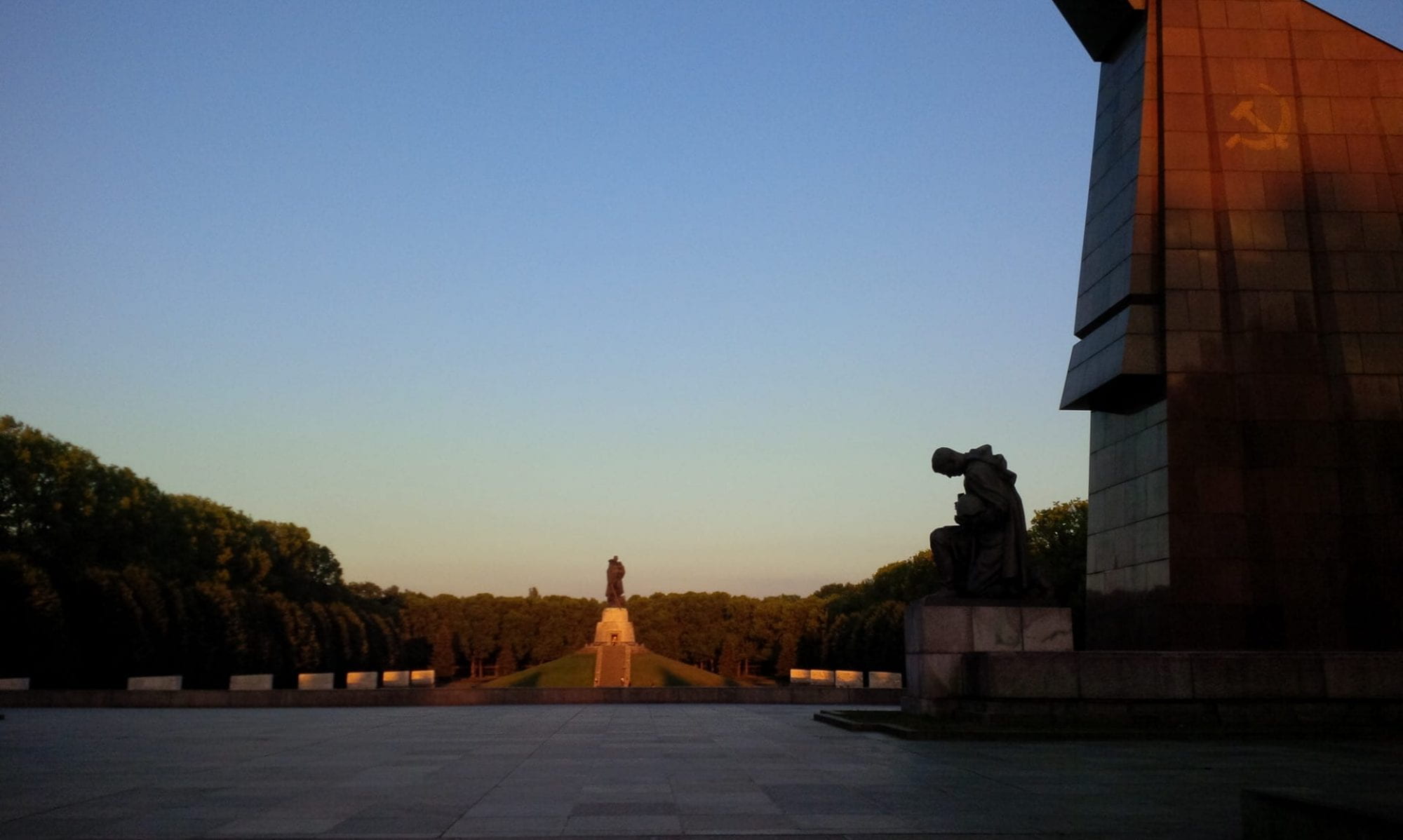I found Monique Scheer’s research presentation on emotion, discussing the role of doubt in specific German protestant sects, fascinating. While many of the experiences she described strongly resonated with experiences I’ve had, her observations about how important uncertainty is in some protestant faiths was eye-opening. It was like someone was finally putting words to several points that I’d come to sense in small non-denominational evangelical protestant churches in the Northern Midwest United States. Scheer discussed the role of doubt as being an aspect of faith that was proudly upheld, by protestants in the German churches she observed. Doubt, for them, was a marker of “true faith,” and the absence of spaces, rituals, and tears, was a vital signifier of their active choice to believe even in uncertainty.
I found this discussion of doubt as a motiving emotion strikingly interesting, and wonder what other spheres, particularly secular, it could be applied similarly too. How does doubt positively function in the realms of natural science, philosophy, public policy, medicine, or jurisprudence? Scheer observed the pastor preaching that he didn’t know if God was real, but chose to have faith that he did. This expression of doubt seemed to act as a reassurance to the congregation that uncertainty was okay. However, this sentiment of doubt may not be as well received when it comes from a doctor, politician, or judge. Its expression in these spheres seems to result in a lack of trust. Why, though, is there this difference between religious and secular institutions expressing doubt? Isn’t it the partial role of the church to provide certainty to individuals, and act on bonds of trust, just as our relations with government officials, medical professionals, and legal advisors is based on our trust of their knowledge over ours?
It would be very intriguing to look further into possible situations where uncertainty is expressed, and positively received, in secular settings. Perhaps these, if they exist, could reveal connections between doubt’s expression in protestant sects that allow for doubt to be, not only permissible, but positive.
Bailey Hanson is an undergraduate in the College of Arts and Sciences at Penn.
